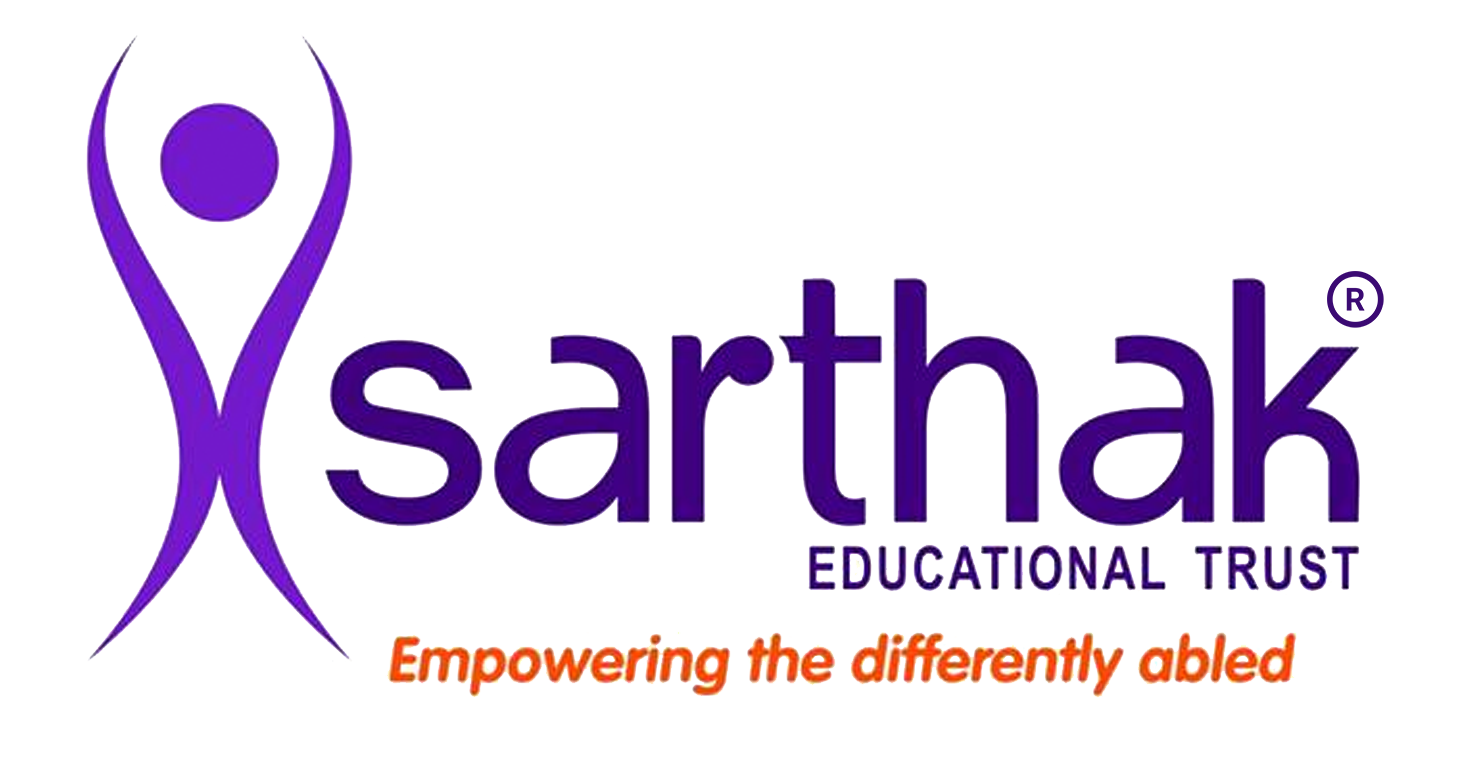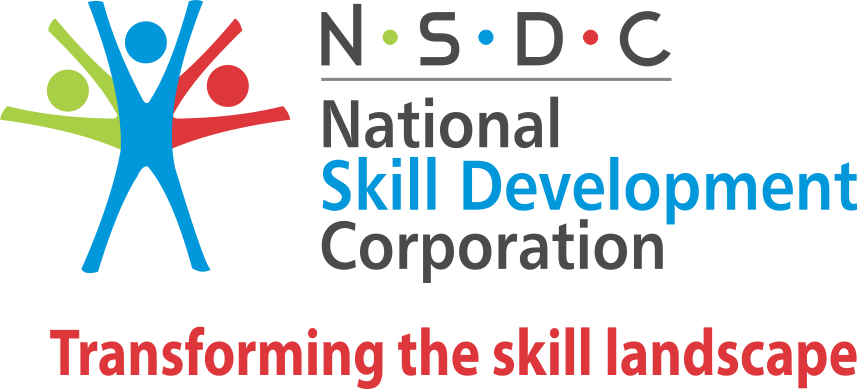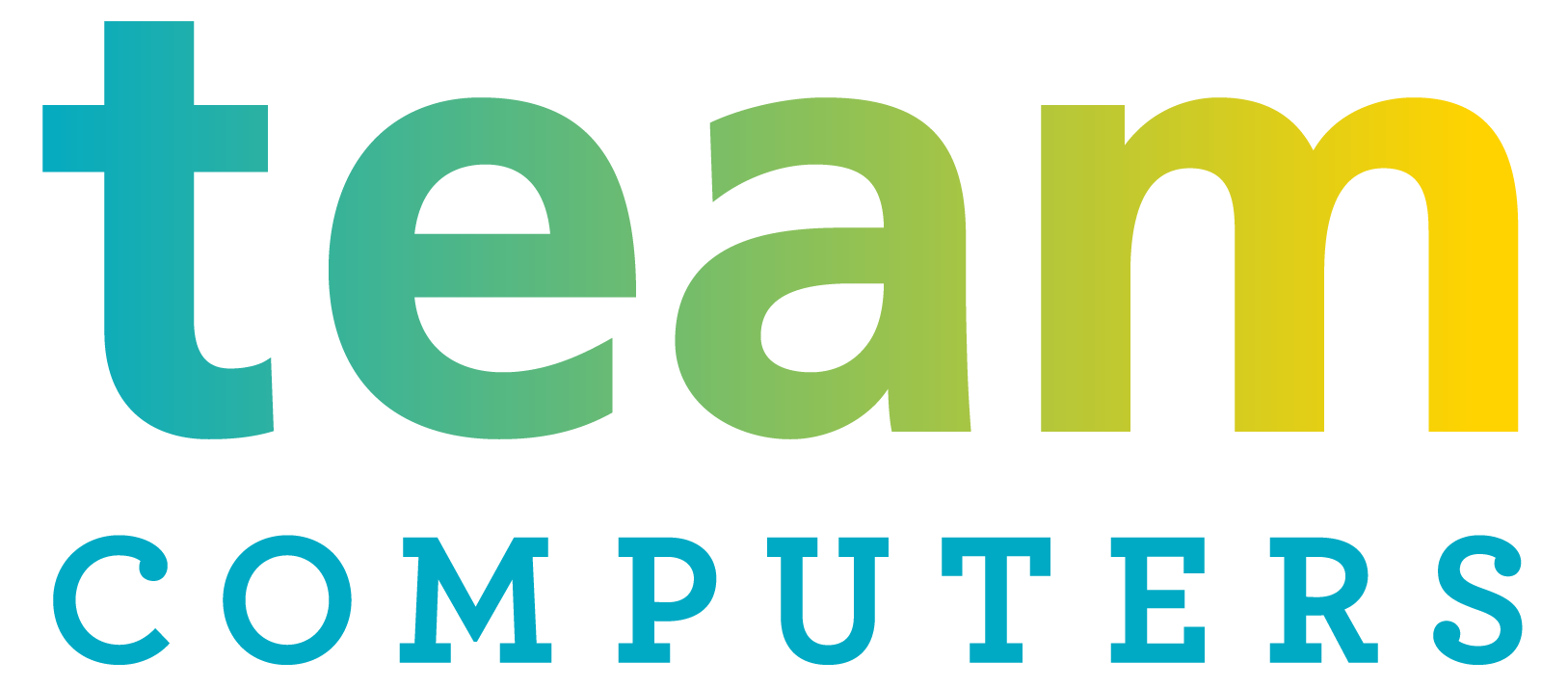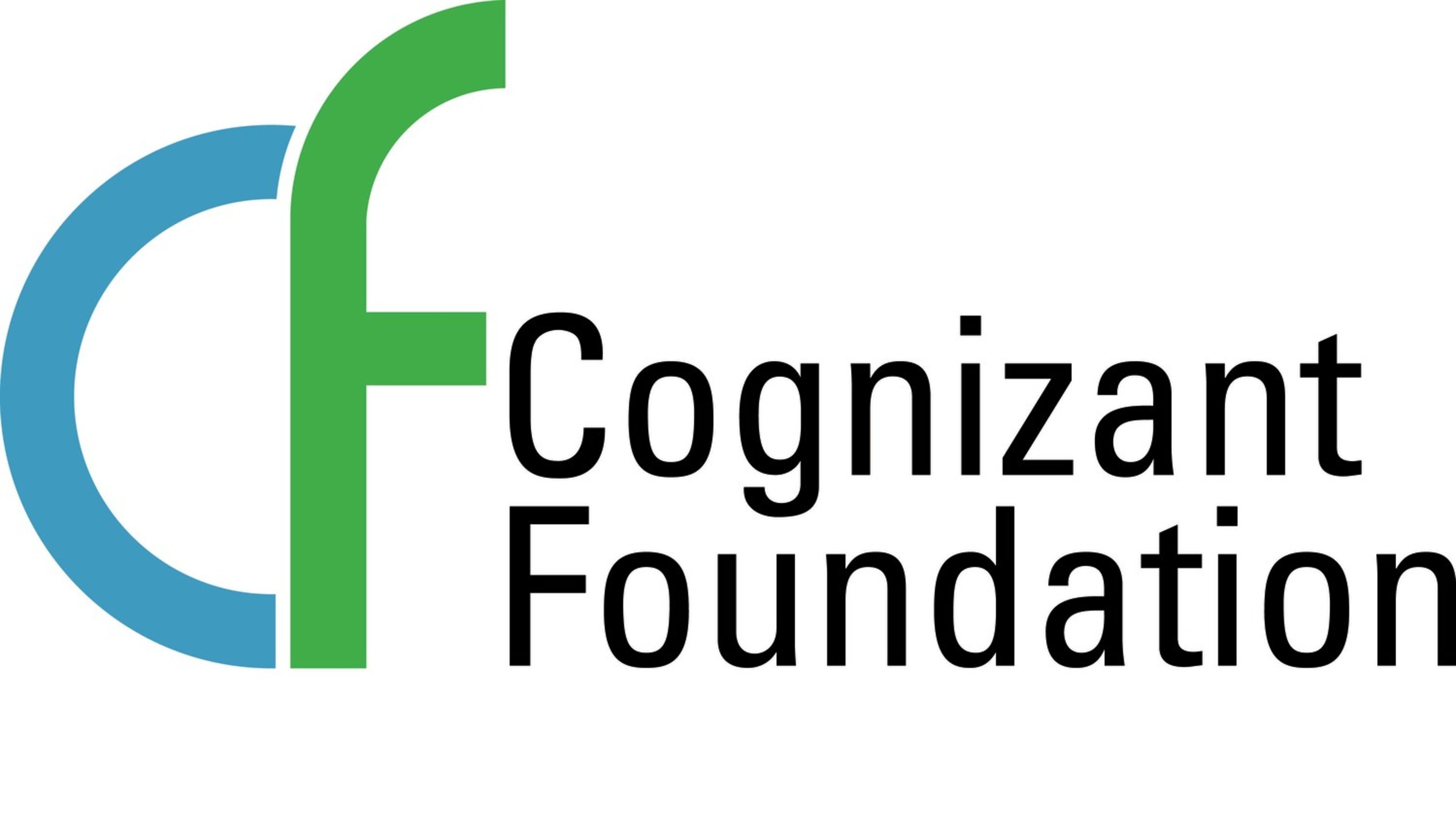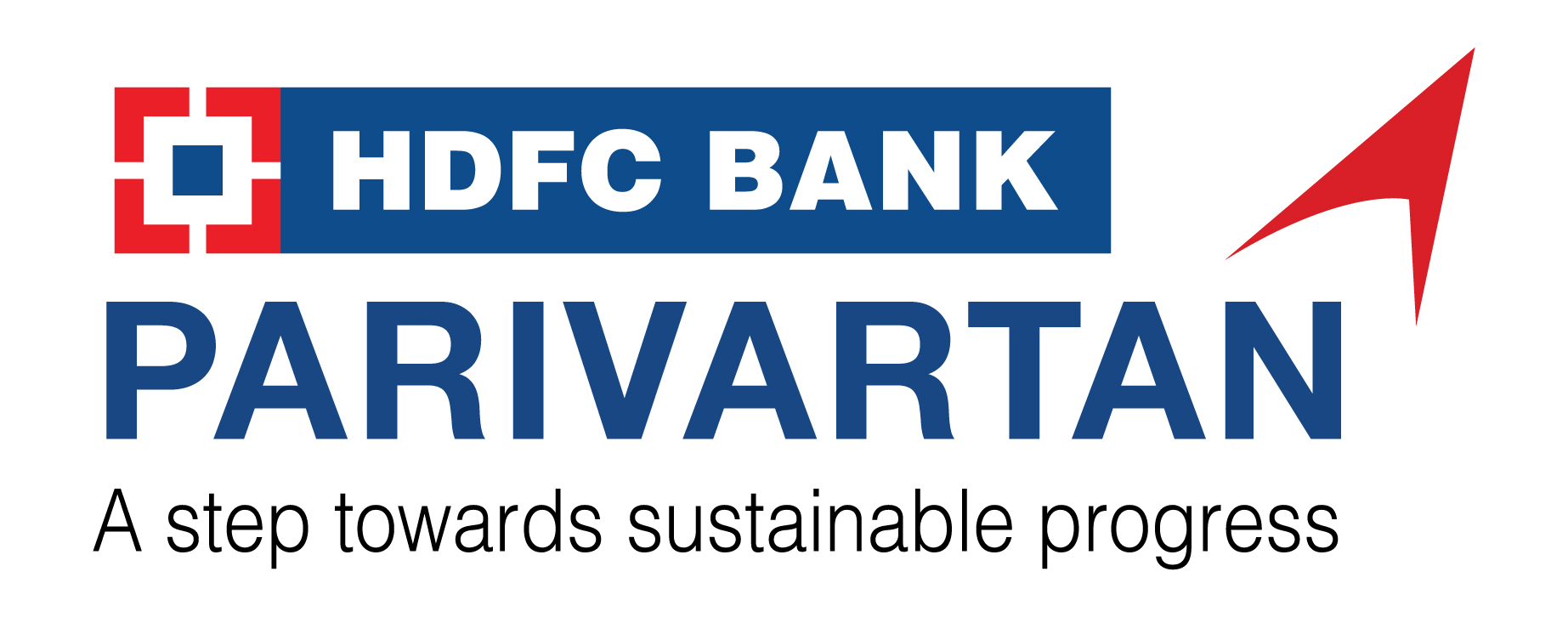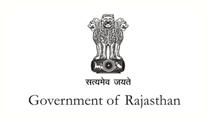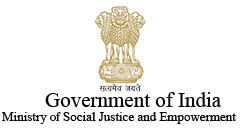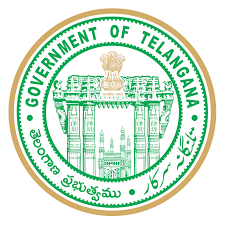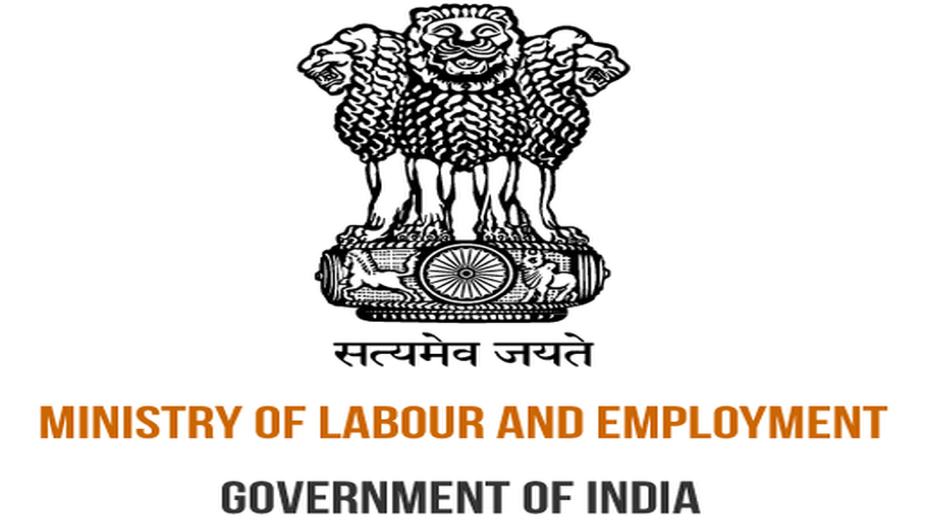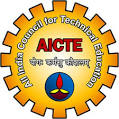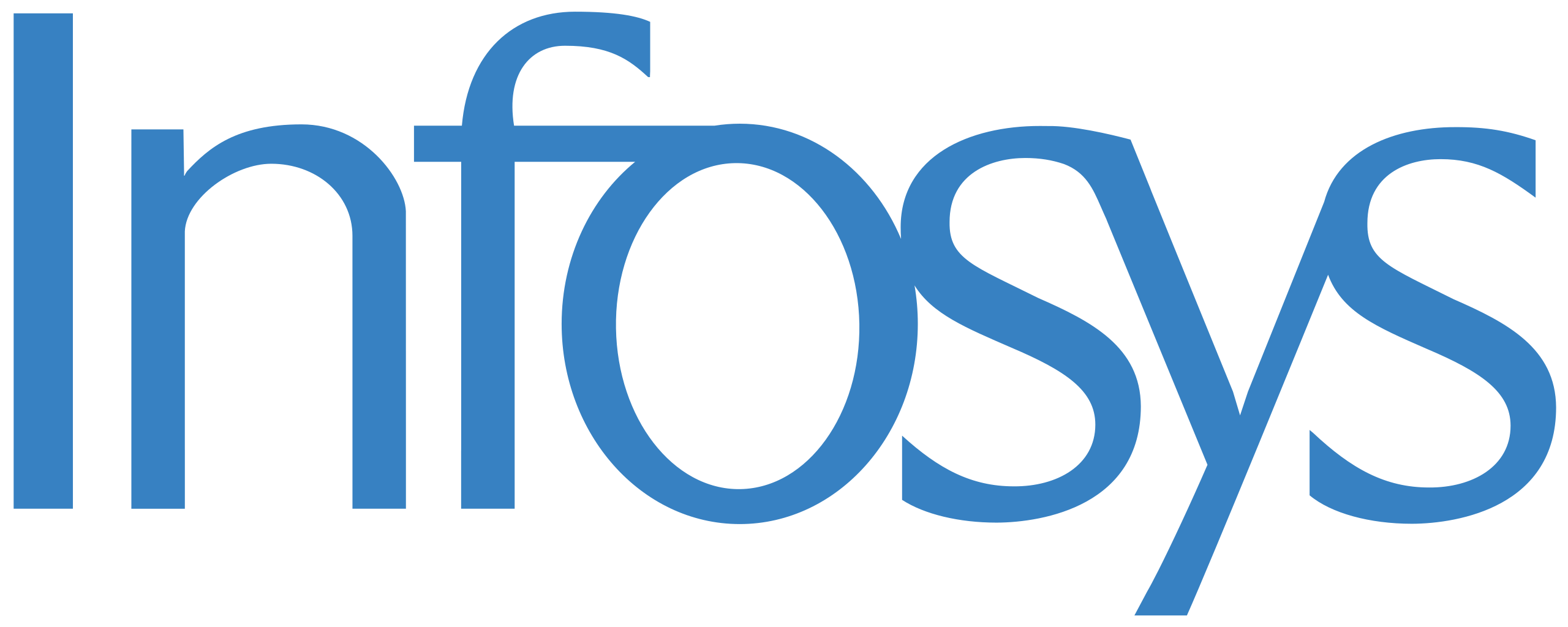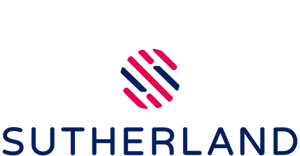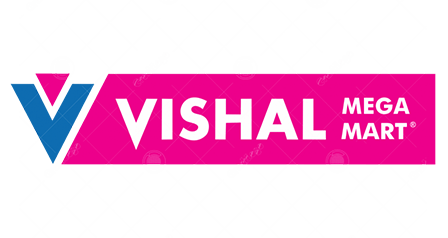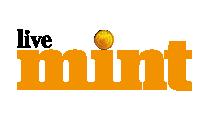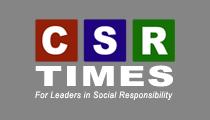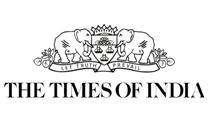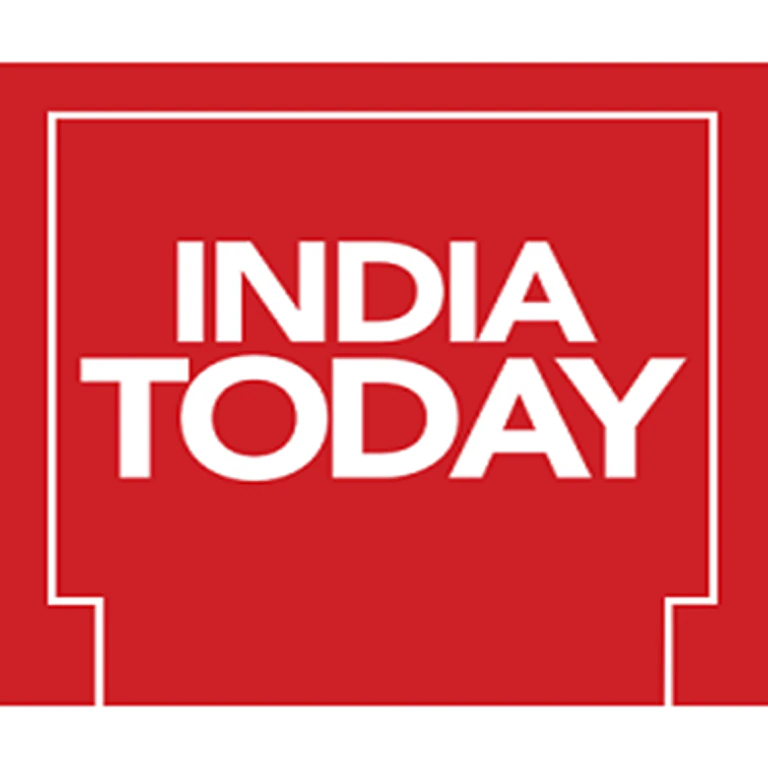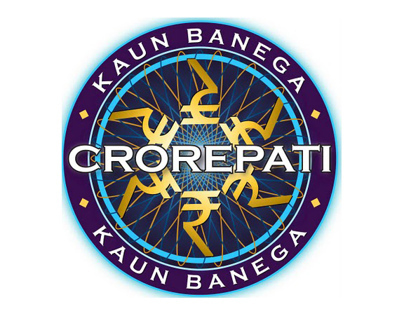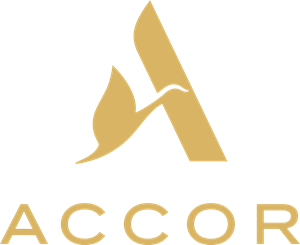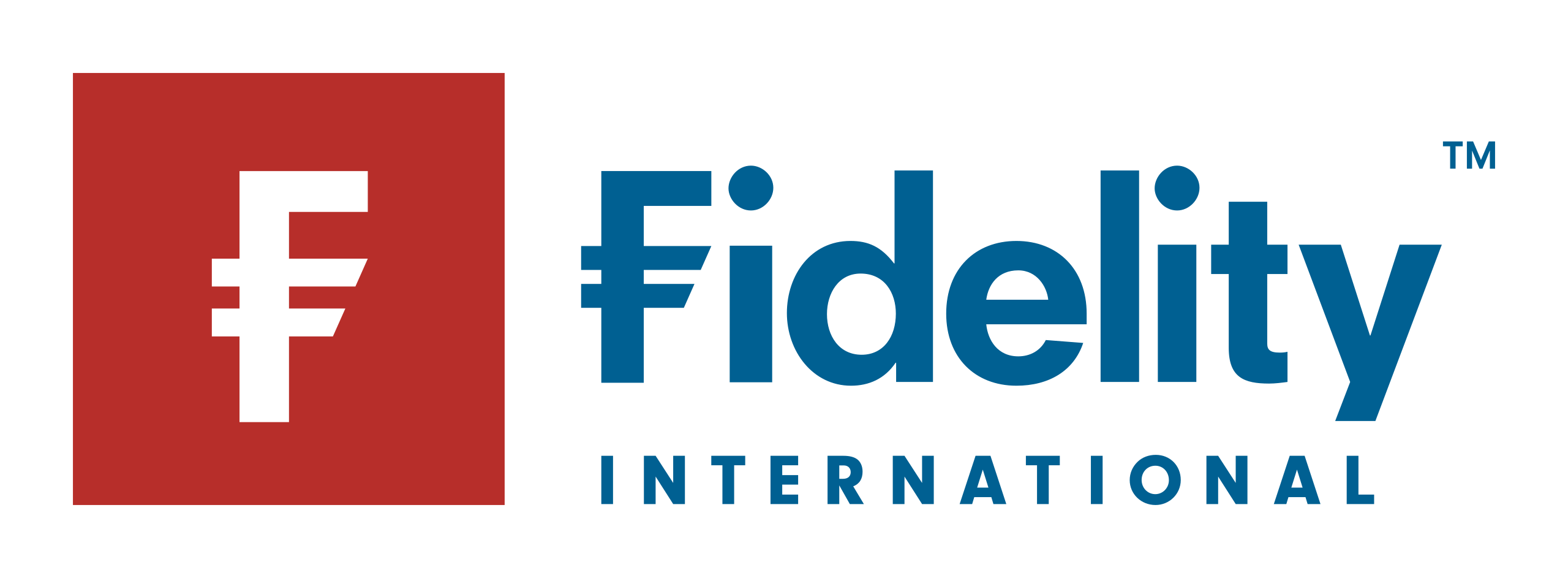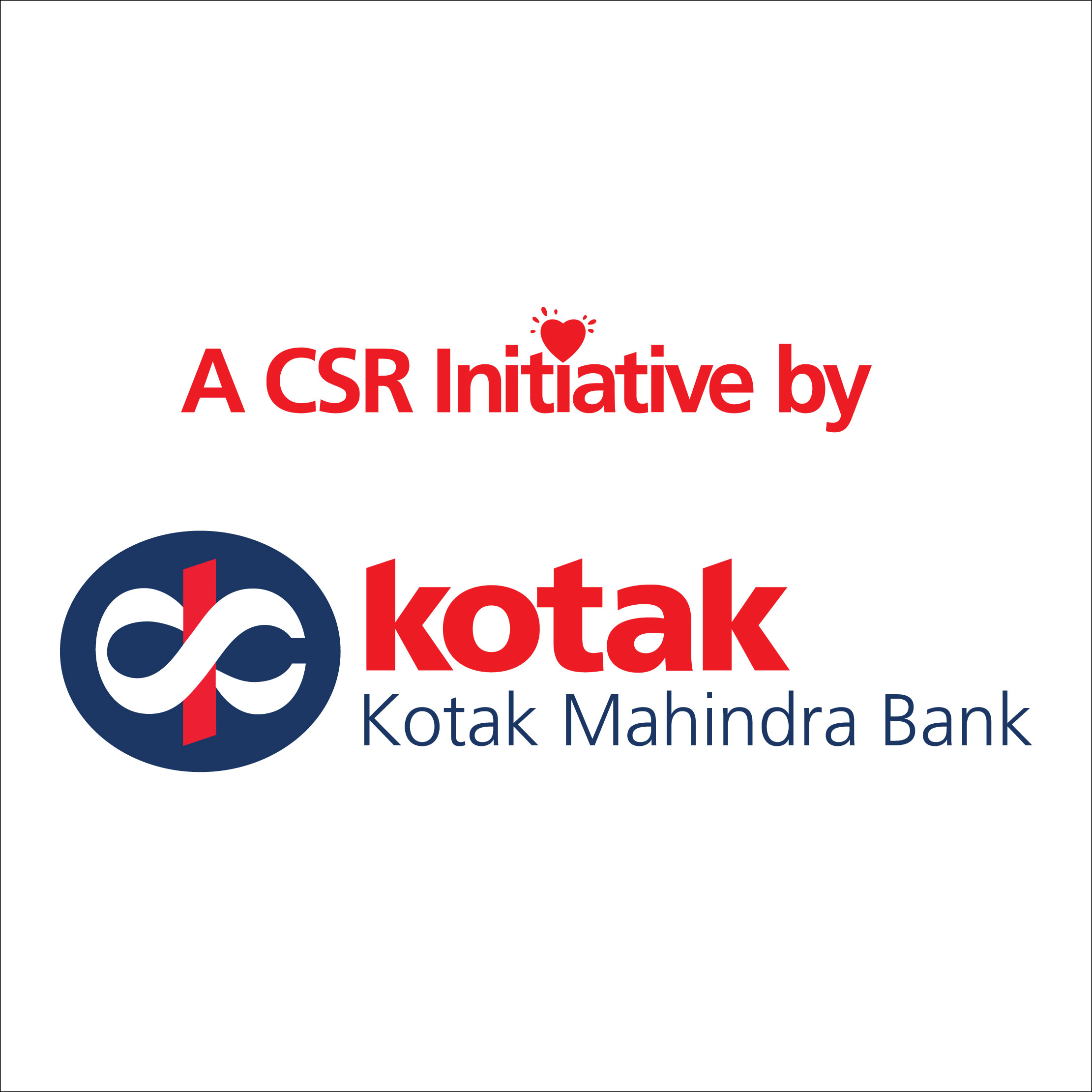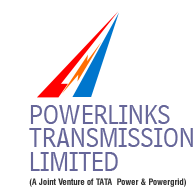| Rashtriya Kishor Swasthya Karyakram (RKSK) | The Ministry of Health & Family Welfare has launched a health programme for adolescents, in the age group of 10-19 years, which would target their nutrition, reproductive health and substance abuse, among other issues. The strategy envisions that all adolescents in India are able to realise their full potential by making informed and responsible decisions related to their health and well-being, and by accessing the services and support they need to do so |
| Rashtriya Bal SwasthyaKaryakram (RBSK) | Rashtriya Bal Swasthya Karyakram (RBSK) is a new initiative aiming at early identification and early intervention for children from birth to 18 years to cover 4 'D's viz. Defects at birth, Deficiencies, Diseases, Development delays including disability. It is important to note that the 0 - 6 years age group will be specifically managed at District Early Intervention Center (DEIC) level while for 6 - 18 years age group, management of conditions will be done through existing public health facilities. DEIC will act as referral linkages for both the age groups. |
| Universal Immunisation Programme | Immunization Programme in India was introduced in 1978 as 'Expanded Programme of Immunization' (EPI) by the Ministry of Health and Family Welfare, Government of India. Ministry of Health and Family Welfare, Government of India provides several vaccines to infants, children and pregnant women through the Universal Immunisation Programme. |
| Mission Indradhanush | Mission Indradhanush was launched by the Ministry of Health and Family Welfare, Government of India on December 25, 2014. Between 2009 - 2013 immunization coverage has increased from 61% to 65%, indicating only 1% increase in coverage every year. To accelerate the process of immunization by covering 5% and more children every year, Indradhanush mission has been adopted to achieve target of full coverage by 2020. |
| Pradhan Mantri Surakshit Matritva Abhiyan (PMSMA) | PMSMA was launched in the year 2016 under National Health Mission. The program aims to provide assured, comprehensive and quality antenatal care, free of cost, universally to all pregnant women on the 9th of every month. A fixed day ANC is given every month across the country. Pradhan Mantri SurakshitMatritva Abhiyan envisages to improve the quality and coverage of Antenatal Care (ANC) including diagnostics and counselling services as part of the Reproductive Maternal Neonatal Child and Adolescent Health (RMNCH+A) Strategy. |
| NavjaatShishu Suraksha Karyakram (NSSK) | NSSK is a programme aimed to train health personnel in basic newborn care and resuscitation, has been launched to address care at birth issues i.e. Prevention of Hypothermia, Prevention of Infection, Early initiation of Breast feeding and Basic Newborn Resuscitation. |






